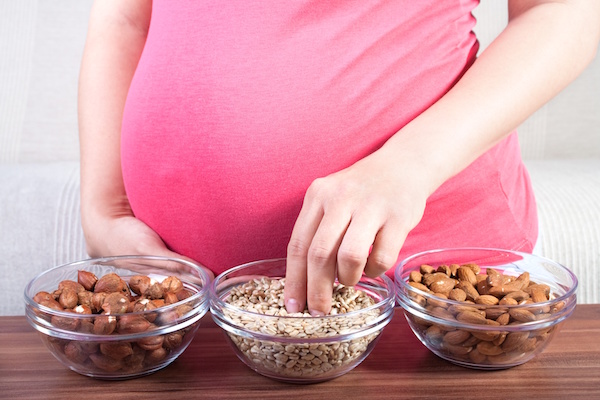
TUESDAY, Aug. 21 (HealthDay News) — Health experts are strongly refuting the assertion by a Republican Congressman that pregnancy is much more unlikely if a woman is raped.
“That is absolutely false,” said Dr. George Attia, director of the division of reproductive endocrinology and infertility at the University of Miami Miller School of Medicine.
The American College of Obstetricians and Gynecologists (ACOG), which counts 56,000 members, also called the remarks “medically inaccurate, offensive and dangerous.”
At issue is a comment made recently by Representative Todd Akin (R-Mo.) that women who are victims of “legitimate rape” rarely get pregnant. By “legitimate” Rep. Akin apparently means “forcible.”
“If it’s a legitimate rape, the female body has ways to try to shut that whole thing down,” said Akin, who is in a race to unseat Missouri’s Democratic senator in the upcoming election.
Akin’s remarks have unleashed a flurry of condemnations, including from Republican Presidential nominee Mitt Romney, who has indicated that Akin should step out of the senatorial race, according to The New York Times.
While Akin’s views on rape and pregnancy may come as a surprise to many, it is commonly cited in anti-abortion circles and stems at least partly from the writings of Dr. John Willke, former president of the National Right to Life Committee. He put forth the view in a book originally published in 1985.
Willke this week summarized his views to The New York Times, saying, “This [rape] is a traumatic thing — she’s, shall we say, she’s uptight,” he said of a woman who is being raped. “She is frightened, tight and so on. And sperm, if deposited in her vagina, are less likely to be able to fertilize. The tubes are spastic.”
Willke also contended that pregnancy is unlikely because half of rapists “do not deposit sperm in the vagina,” either because (he said) many rapists aren’t fertile and many prefer anal intercourse.
But Attia said this theory simply “doesn’t make sense.” The primary determinant of whether a woman gets pregnant or not is the timing of her menstrual cycle during which the intercourse occurred.
“If the rape happened at a certain of time of the cycle when the woman is fertile, she is going to get pregnant, just like anybody,” Attia said.
And, according to ACOG, in the United States each year, 10,000 to 15,000 abortions occur among women who are victims of rape or incest. “An unknown number of pregnancies resulting from rape are carried to term,” they noted in the statement released Monday.
“A woman who is raped has no control over ovulation, fertilization, or implantation of a fertilized egg (i.e., pregnancy). To suggest otherwise contradicts basic biological truths,” ACOG said in the statement.
“Any person forced to submit to sexual intercourse against his or her will is the victim of rape, a heinous crime,” the statement continued. “There are no varying degrees of rape. To suggest otherwise is inaccurate and insulting and minimizes the serious physical and psychological repercussions for all victims of rape.”
More information
There’s more on conception and pregnancy at the U.S. Department of Health and Human Services’ Office on Women’s Health.

